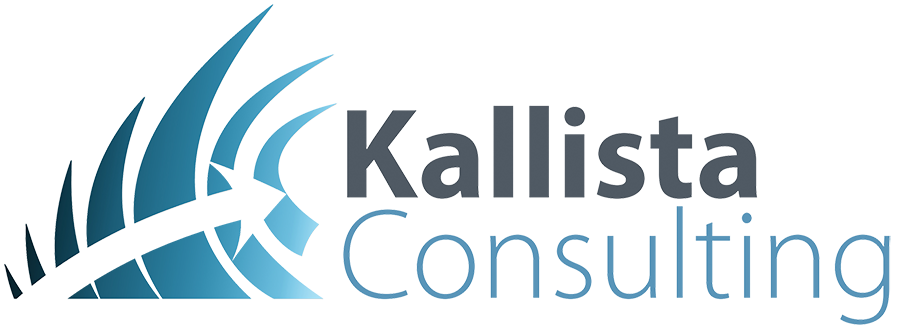Cultivating Leadership Excellence: Best Practices in Development Programmes
Leadership development programmes are crucial for nurturing the next generation of leaders in any organisation. These programmes not only equip potential leaders with the necessary skills to tackle future challenges but also ensure the organisation's long-term sustainability and success. Implementing best practices in leadership development programmes can significantly enhance their effectiveness. Below are some of the key strategies for cultivating leadership excellence.
Tailored Learning Experiences
One size does not fit all when it comes to leadership development. Organisations should strive to provide personalised learning experiences that cater to the unique strengths, weaknesses, and career aspirations of each participant. This could include a combination of workshops, mentoring, coaching, and practical assignments tailored to individual learning styles and development needs.
Real-world Application
Leadership development should extend beyond theoretical knowledge to include real-world application. Providing opportunities for emerging leaders to lead projects, solve real problems, and make decisions can significantly enhance learning. This hands-on approach helps to solidify leadership concepts and skills in a practical, memorable way.
Feedback and Reflection
Constructive feedback is a cornerstone of leadership development. Participants should receive regular, specific feedback on their performance, not only from their mentors and programme leaders but also from peers. Encouraging reflection on this feedback and on their own experiences helps emerging leaders to internalise lessons learnt and apply them to future challenges.
Mentorship and Networking
Mentorship plays a pivotal role in leadership development, offering guidance, support, and valuable insights from experienced leaders. Additionally, facilitating networking opportunities allows emerging leaders to build relationships, exchange ideas, and learn from the broader leadership community. These connections can be invaluable resources throughout their careers.
Continuous Learning and Adaptation
The best leadership development programmes are those that evolve. Continuously assessing and updating the curriculum to reflect the latest leadership theories, industry trends, and organisational needs ensures that the programme remains relevant and effective. This includes incorporating new learning methodologies and technologies to enhance the learning experience.
Inclusion and Diversity
Diverse perspectives are essential for innovative leadership. Leadership development programmes should embrace inclusion and diversity, ensuring that participants from a variety of backgrounds and experiences are represented. This diversity enriches the learning experience and prepares leaders to navigate the complex global business landscape.
Measuring Success
Finally, it’s important to measure the impact of leadership development programmes. This can be done through regular evaluations of participants' progress, the application of new skills in the workplace, and the overall contribution to the organisation's objectives. Feedback from these assessments can then be used to further refine and improve the programme.
Cultivating leadership excellence requires a comprehensive, thoughtful approach to development programmes. By tailoring learning experiences, emphasising real-world application, providing robust support through mentorship, and continuously adapting to changing needs, organisations can develop effective leaders ready to face future challenges. Remember, the goal of leadership development is not just to fill positions, but to empower individuals to drive positive change and contribute to the organisation's long-term success.

